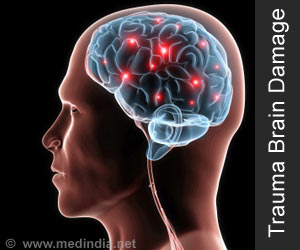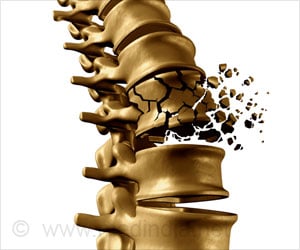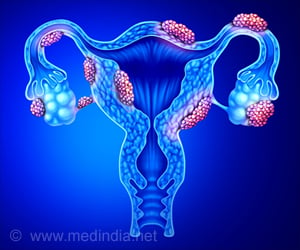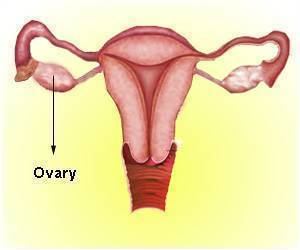Women are most likely to exhibit the highest level of stress and stress hormones during pregnancy and postpartum which can affect the fetus.
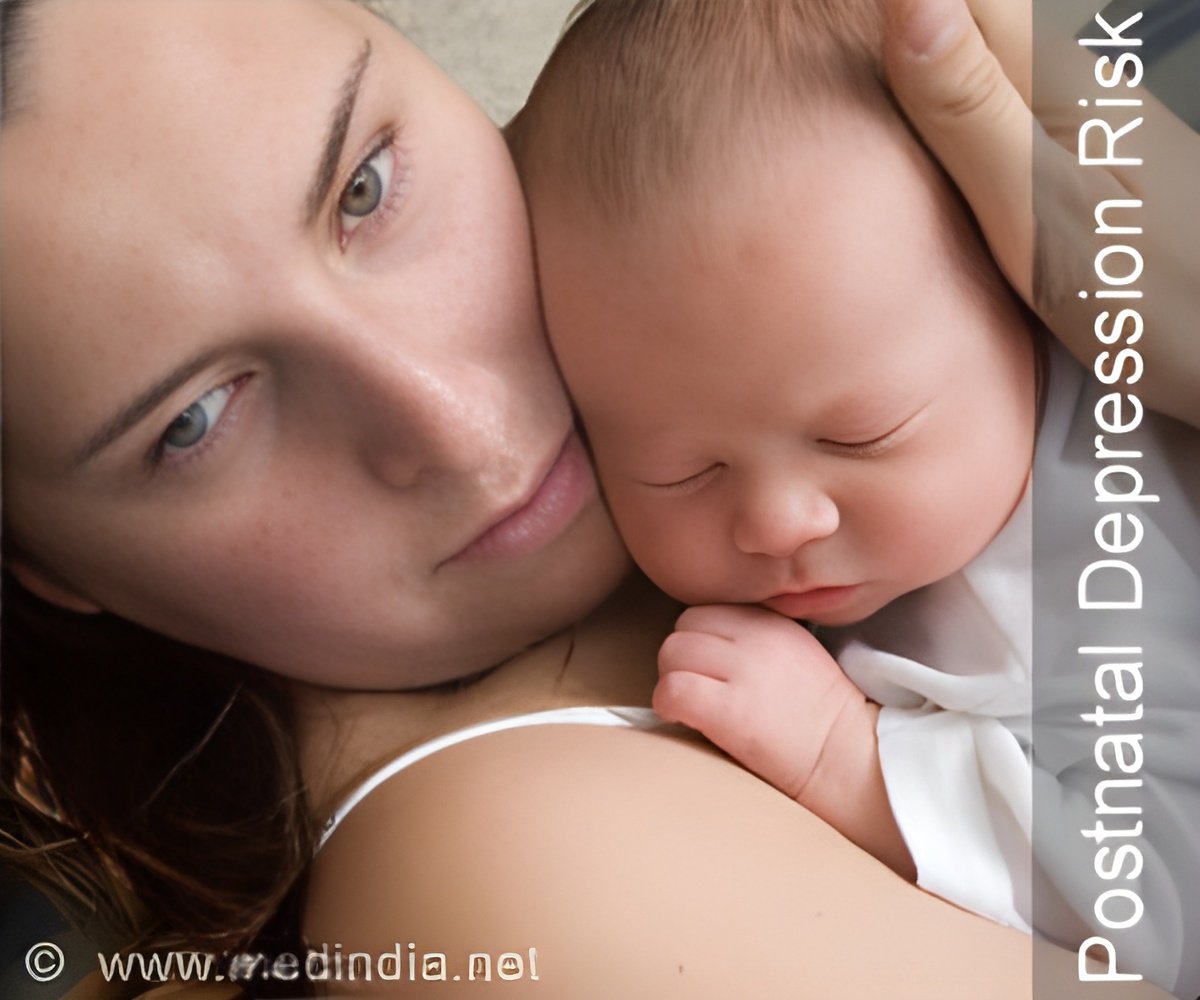
‘Dissociative type of posttraumatic stress disorder that's often related to childhood abuse or trauma have cortisol levels up to 10 times higher than their peers.’





These toxic levels of cortisol may contribute to health problems in the next generation, said Julia Seng, professor of nursing and lead author on the study. "We know from research on the developmental origins of health and disease that the baby’s first environment in its mother’s body has implications for health across the lifespan," Seng said.
"Higher exposure to cortisol may signal the fetus to adapt in ways that help survival, but don’t help health and longevity. This finding is very useful because it helps us know which women are most likely to exhibit the highest level of stress and stress hormones during pregnancy and postpartum."
Cortisol is sometimes called the stress hormone because it’s released in stressful situations as part of the flight-or-fight response. Cortisol levels that stay high are linked to serious health problems such as heart disease and high blood pressure and can fuel weight gain, depression, and anxiety plus a host of other problems. The effect of elevated cortisol on a developing fetus isn’t well understood, but high cortisol and stress also contribute to preterm birth.
In the study, 395 women expecting their first child were divided into four groups: those without trauma, those with a trauma but no PTSD, those with classic PTSD and those with dissociative PTSD.
Advertisement
About 8 percent of pregnant women in the study had PTSD, a disorder that results when symptoms of anxiety and fear persist well after exposure to stressful events. About 14 percent of that group had the more complex dissociative PTSD, which was associated with higher cortisol.
Advertisement
Seng was surprised at how high the cortisol was in the dissociative group. She also said researchers expected women with classic PTSD to experience elevated cortisol as well, and the fact that they didn’t is good news.
"We can do something for the 1-to-2 out of 100 pregnant women who have this dissociative PTSD," Seng said. "We can work with them to make pregnancy, maternity care, labor, breastfeeding and early parenting less likely to trigger stress reactions. And we can connect them to mental health services when they are ready to treat their PTSD."
Seng and collaborator Mickey Sperlich have developed a PTSD-specific education program for pregnant women with a childhood trauma called the Survivor Moms’ Companion, which has been piloted in Michigan and is currently being piloted in England.
Source-Eurekalert




